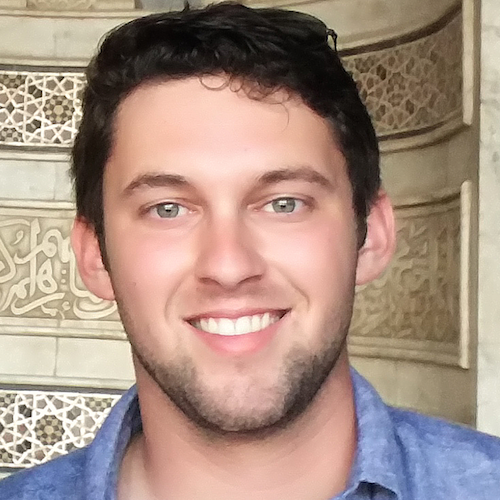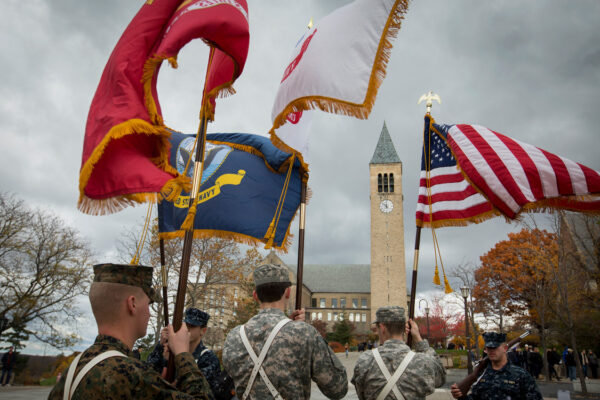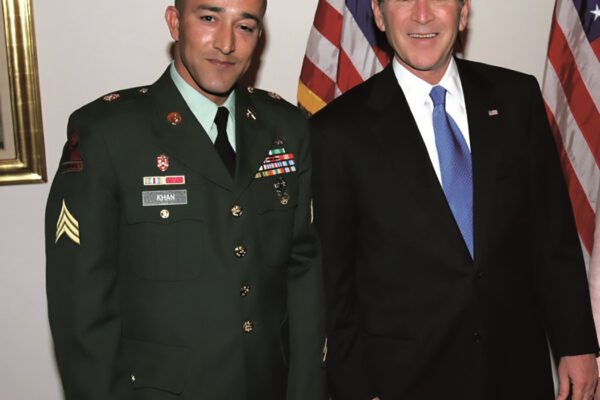By Logan Ragsdale

For many former service members, transitioning from the military into the civilian world can be a daunting task. Many who plan to take advantage of government-sponsored programs such as the GI Bill perceive their options to further their education to be limited due to their family responsibilities or a poor academic record. Understandably, current and former service members are often attracted to either two-year community colleges or private for-profit schools, as they often heavily recruit veterans. Few see attending highly selective private universities as a realistic option.
At this time last year, I was an enlisted army infantryman, getting ready to exit the military and embrace the normalcy offered by the civilian world. Before I enlisted, I was a college dropout with a fairly abysmal academic record. However, like many service members, the military gave me the discipline and determination needed to succeed in any environment I encountered. After reading an article written by Wick Sloane of Inside Higher Ed concerning the sparse veteran enrollment at elite colleges and universities, I made it my mission to not limit myself while researching schools and actively seek out admission to selective colleges.
After a few Google searches on veterans education, I found Service to School, or S2S. S2S is a non-profit organization staffed by former service members that connects prospective student veterans with a veteran “ambassador,” a student veteran already enrolled in an elite school. S2S has formed partnerships with eight highly selective institutions—Amherst College, Cornell University, Massachusetts Institute of Technology, Notre Dame, Princeton University, Smith College, Williams College and Yale University—to help make these connections. Ambassadors share their transition stories with S2S applicants and provide full-scale admissions advice, including reviewing and editing application essays. All of S2S’s services are offered pro bono. I immediately applied for S2S’s assistance, and a few days later, I received an email with further information about S2S as well as contact information for my student ambassador, Ben, who attended Dartmouth.
Ben provided me with a wealth of information not only on admissions but also on the problems he and his peers faced as non-traditional students and the solutions they developed. He also introduced me to the Posse Foundation, a scholarship organization that sends groups of 10 veterans each year to highly selective colleges. Ben himself was a Posse scholarship recipient. Despite Posse veteran program’s somewhat recent conception in 2011, it has already established partnerships with three schools: Vassar College, Wesleyan, and Dartmouth. Posse boasts over a 90 percent graduation rate for its scholars, and ensures that even after a student’s GI Bill funding runs out, their full tuition need is met.
I hastily applied to Posse via their website and completed an initial interview over Skype. After submitting the required paperwork, which included writing samples, prior transcripts and military discharge papers, I was invited to attend a finalist’s interview in New York City for Vassar College. In all, 21 student veterans were invited to interview with Posse and Vassar officials to compete for 10 scholarships. In attendance were several Posse staff members and Vassar faculty, which included the dean of admissions and Vassar’s interim president, Jon Chenette. The day following the interview, after a nerve-wracking, sleepless night, I was notified that I would be attending Vassar College the following year on a Posse scholarship.
Until my interview with Posse, I did not fully grasp the importance of granting veterans an opportunity to seek an education at our nation’s most selective colleges and universities. After listening to the remarkable stories of the other interviewees, I understood that the potential of student veterans reaches far beyond the small world of academia. The abilities, mentality and unique experience that veterans offer allow them, if given the correct guidance and opportunities, to excel in any opportunity they are given. The chance to receive an education at the institutions that are perennial producers of world leaders in every field exponentially increases a veteran’s potential.
Far too often veterans are deemed as incompetent or scarred from their military experience. There are a multitude of veterans organizations filled with people who have succeeded in making the transition to civilian life and postsecondary education that are willing to offer their time and support. Do not let their experience go to waste. If anything, succeed to break the negative stereotypes that constantly plague veterans. Do not be afraid to take the opportunities presented to you, and do not be afraid to seek help. My message, whether to transitioning student veterans or service members entering the workforce, is this: Don’t buy into the negative stigmas about veterans you may encounter. After exiting the military, no matter what your past entails, there is no cap for your potential, there is no ceiling for your success.
If you have any questions or comments about this blog post, please contact us.



